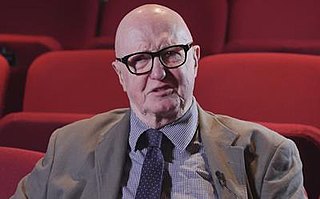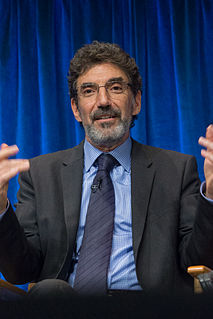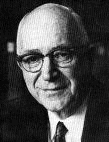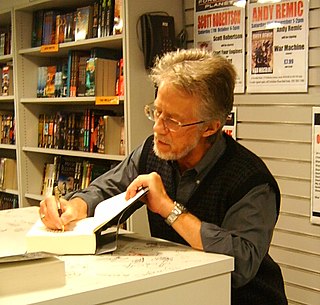A Quote by Yukio Mishima
His conviction of having no purpose in life other than to act as a distillation of poison was part of the ego of an eighteen-year-old. He had resolved that his beautiful white hands would never be soiled or calloused. He wanted to be like a pennant, dependent on each gusting wind. The only thing that seemed valid to him was to live for the emotions--gratuitous and unstable, dying only to quicken again, dwindling and flaring without direction or purpose.
Quote Topics
Related Quotes
Men and women are made for each other, but their mutual dependence differs in degrees; man is dependent on woman through his desires; woman is dependent on man through her desires and also through her needs; he could do without her better than she can do without him. She cannot fulfill her purpose in life without his aid, without his goodwill, without his respect.....Nature herself has decreed that woman, both for herself and her children, should be at the mercy of man s judgment.
In "The Myth of Sisyphus", his most important non-fiction work, Albert Camus suggested that if we believed what most people claim to be the purpose of life, we would feel compelled to commit suicide. If, however, we accept that life has no purpose we would be inclined to soldier on in a cussed, stoical manner like Sisyphus, endlessly pushing his rock up a hill only to see it roll down again.
We must never put our dreams of success as God's purpose for us; His purpose may be exactly the opposite. His purpose is that I depend on HIM and in HIS power NOW. His end is the process. It is the process, not the end, which is glorifying to God....His purpose is for this minute, not for something in the future. We have nothing to do with the 'afterwards' of obedience. If we have a further end in view, we do not pay sufficient attention to the immediate present; if we realize that obedience is the end, then each moment as it comes is precious.
His books were part of him. Each year of his life, it seemed, his books became more and more a part of him. This room, thirty by twenty feet, and the walls of shelves filled with books, had for him the murmuring of many voices. In the books of Herodotus, Tacitus, Rabelais, Thomas Browne, John Milton, and scores of others, he had found men of face and voice more real to him than many a man he had met for a smoke and a talk.
[What for] was the first question he asked about any activity proposed to him - and nothing would make him act, if he found no valid answer. He flew through the days of his summer month like a rocket, but if one stopped him in mid-flight, he could always name the purpose of his every random moment. Two things were impossible to him: to stand still or to move aimlessly.
I'm thinking of writing a children's story about a leaf on a tree who arrogantly insists he's a self-made, independent leaf. Then one day a fierce wind blows him off his branch and to the ground below. As his life slowly ebbs away, he looks up at the magnificent old tree that had been his home and realizes that he had never been on his own. His entire life he had been part of something bigger and more beautiful than anything he could have imagined. In a blinding flash, he awakens from the delusion of self. Then an arrogant, self-centered kid rakes him up and bags him.
If there is a purpose in life at all, there must be a purpose in suffering and in dying. But no man can tell another what this purpose is. Each must find out for himself, and must accept the responsibility that his answer prescribes. If he succeeds he will continue to grow in spite of all indignities.
Perhaps this is our strange and haunting paradox here in America -- that we are fixed and certain only when we are in movement. At any rate, that is how it seemed to young George Webber, who was never so assured of his purpose as when he was going somewhere on a train. And he never had the sense of home so much as when he felt that he was going there. It was only when he got there that his homelessness began.
Yet losing him seemed unbearable. He was the one she loved, the one she would always love, and as he leaned in to kiss her, she gave herself over to him. While he held her close, she ran her hands over his shoulders and back, feeling the strength in his arms. She knew he’d wanted more in their relationship than she’d been willing to offer, but here and now, she suddenly knew she had no other choice. There was only this moment, and it was theirs.
The only proper, moral purpose of a government is to protect man's rights, which means: to protect him from physical violence - to protect his right to his own life, to his own liberty, to his own property and to the pursuit of his own happiness. Without property rights, no other rights are possible.
The young man who addresses himself in stern earnest to organizing his life-his habits, his associations, his reading, his study, his work-stands far more chance of rising to a position affording him opportunity to exercise his organizing abilities than the fellow who dawdles along without chart or compass, without plan or purpose, without self-improvement and self-discipline.


































